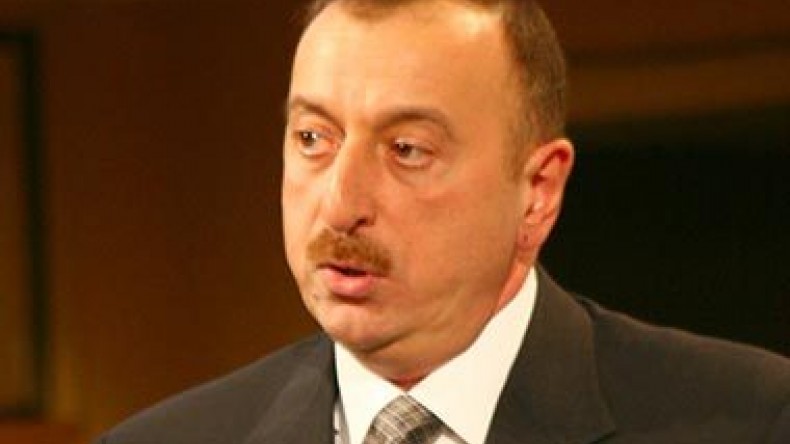
Index on Censorship: In Ilham Aliyev’s address to PACE there was barely a word of truth
The address of the Azerbaijani President Ilham Aliyev to the Parliamentary Assembly of the Council of Europe contained barely a word of truth beyond the conjunctions, writes the editor-in-chief of the Index on Censorship Padraig Reidy.
According to Reidy, Aliyev had spoken of the country’s “very positive atmosphere” and listed the country’s great freedoms: freedom of political activity, freedom of expression, freedom of media… Aliyev may as well have praised the nation’s Quidditch team, the author of the article writes. Or he could have told about his new adventures with fairytale heroes. “This would have been more believable,” Reidy noted.
According to him even when Aliyev was discussing about the disputed territory of Nagorno Karabakh, he was only drily insisting that the regions “geographical toponyms” were Azeri in origin.
The truth about Azerbaijan is quite different from the picture painted by its president this week, the article notes. As Human Rights Watch pointed out ahead of the Council of Europe speech, “In the past two years, Azerbaijani authorities have brought or threatened unfounded criminal charges against at least 40 political activists, journalists, bloggers, and human rights defenders, most of whom are behind bars.”
According to the article Aliyev has stated that there are no political prisoners in Azerbaijan. “The Azerbaijani president is not alone in his capability for bare-faced falsehood. It’s a specific strain of Soviet and post-Soviet behaviour, learned from the Communist Party and the KGB. If the leader says something, it is true, no matter what the evidence to the contrary,” the author writes.
Reidy notes that it’s a common thing for the politicians to lie. However, political lies in functioning democracies tend to have to do with cover ups of personal or institutional failings. In an authoritarian society, with power utterly concentrated to the leader and his cadre, there is no such thing as an isolated failure.
“It is supposed that all triumphs belong to the leader, all criticisms are propaganda, all failures sabotage,” the author sums up.
Newsfeed
Videos






























